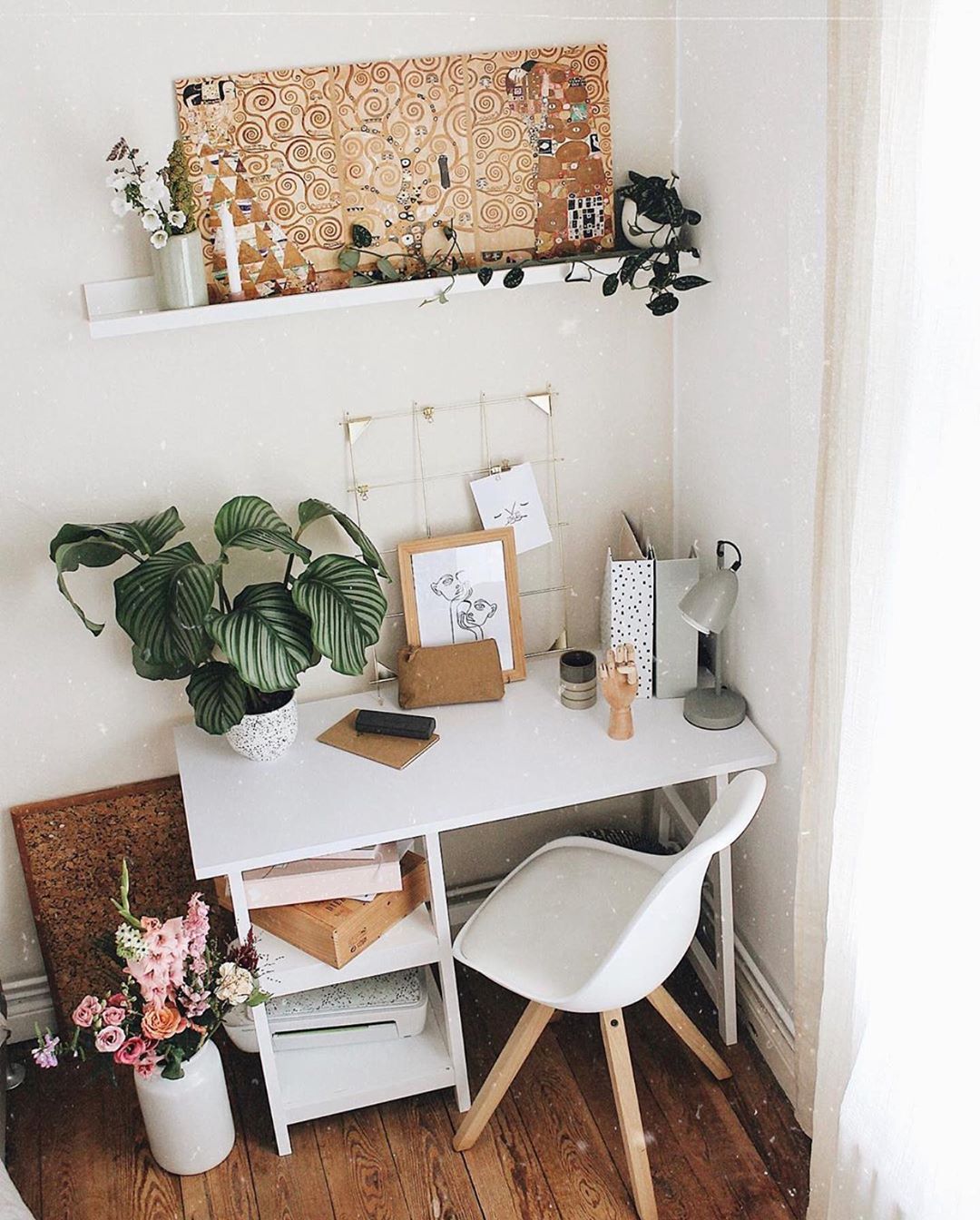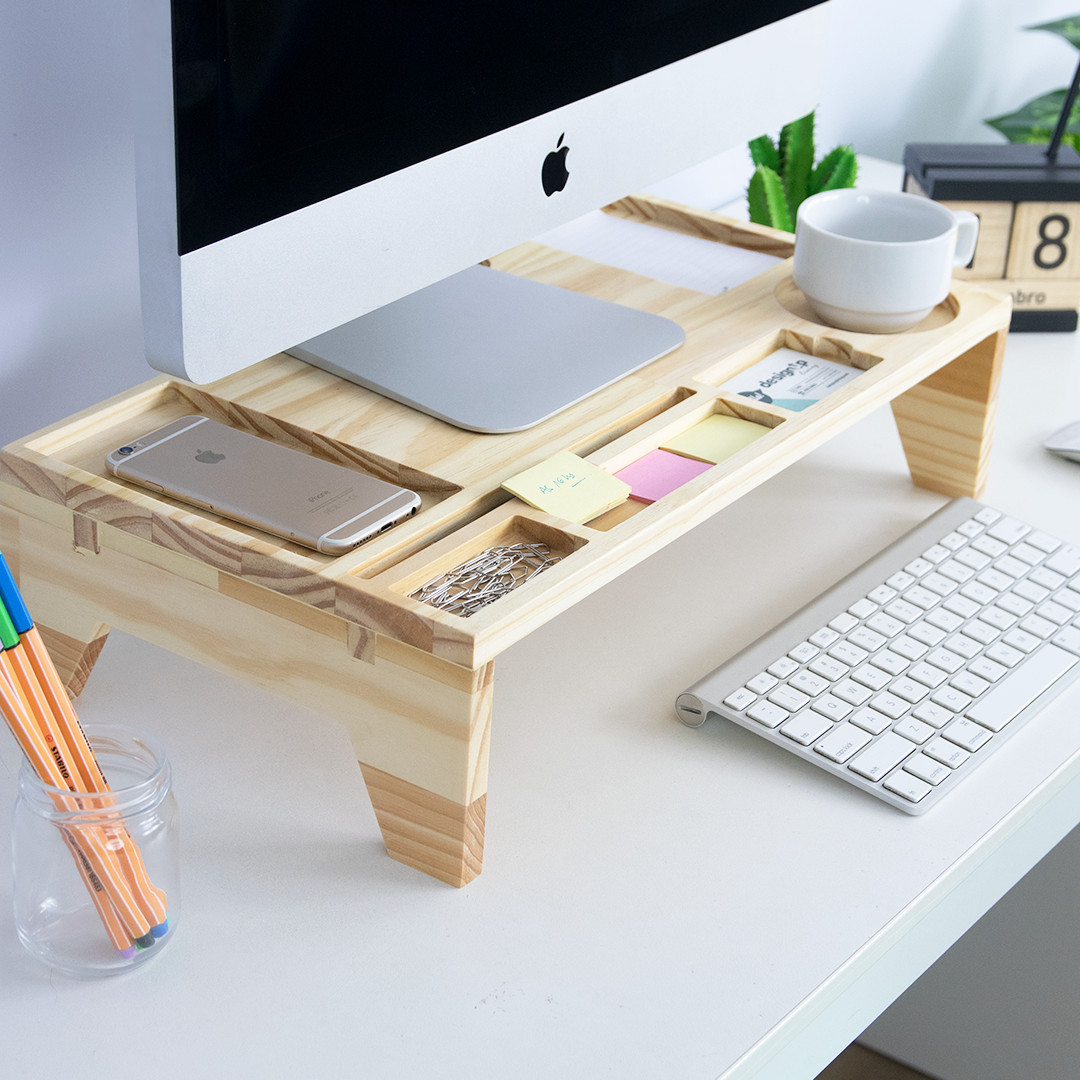Managing Stress When You Work from Home
While many people think working from home isn’t stressful, they’re very very wrong. Namely, just because you don’t have to be in your office at 9 in the morning and leave at 5 in the afternoon, it doesn’t mean that you don’t have your working hours.

Furthermore, for many relatives and even people you live with, your job is often considered too easy precisely because it doesn’t require you working from an actual office. Constant interruptions and phone calls will cause lots of stress because nobody is aware that you’re doing just as much work as someone in a cubicle but from the comfort of your own home. All of that will ultimately raise your stress levels, and in order to prevent that r bring them down to a minimum, you can do the following.
Come up with a schedule
Working from home offers plenty of comfort and isolates you from your bosses supervising you, but it should still require specific working hours. This will allow you to meet your deadlines and reduce stress caused by not being able to finish certain tasks on time. Make sure all of your friends, family and anyone who is used to barging in whenever they feel like don’t disturb you during your working hours. They should know that you need to be consistent in your work, just like they do, regardless of the fact that you can work in your bedroom without changing from your pyjamas.

Have a working nook
One of the most important factors in reducing stress while working from home is for you to have an actual working space. Be it a nook in the living room, a set-up desk in the dining room, or your own little corner in the bedroom, as long as you have a desk and a chair away from all the other clamour, you’ll be able to do work well. Ideally, you should have a separate room from the rest of the family, but if your space is limited, a separate nook will do. However, if you don’t have a room to yourself, be sure to let the other family members know they should not disturb you in your working nook, but be understanding of your needs. You’ll be able to concentrate better if you have a specific space to work in, and all your necessities organized in one place.

Find time to unwind
The fact that you’re working from home can sometimes make you forget to rest; you just keep on working because you can and you’re “on the roll”. This can quickly lead to overworking yourself which can cause burnout. That’s why it’s essential that you find time to unwind at least once a week. If you’re a marijuana user, therapeutic Shango flowers can give you the ability to de-stress any time you need it. You can also try meditating, and let your mind settle. Forget about all the duties and just relax with some scented candles and relaxing spa music.

Make time to socialize
Working from home can easily make you become more indoorsy and slowly decrease your social interactions. Staying social is crucial for one’s mental and emotional well-being, so there’s another reason for you to have specific working hours. By organising your time better, you’ll be able to make time for work, unwinding and socializing with your friends. Whether you have drinks with your friends every Friday night, or you decide to go watch a movie every two weeks, spending time with friends will take your mind off work and de-stress you.

Stay active
Working from home is the safest way to a sedentary lifestyle. Spending hours in your working chair with barely moving to the bathroom and back will take a toll on your back and your weight. Pounds will keep piling up and your posture will be at risk too. That’s why you should find time to go to the gym or start working out outdoors. Breaking a sweat at least three times a week for an hour will make you feel more vigorous and it will do wonders for your shape. You won’t have to worry about indulging in fast food from time to time if you sweat it all out the next day. Not to mention blowing off steam on a treadmill will be therapeutic and de-stressing.

Just because you’re working from the comfort of your own home it doesn’t mean you’re protected from stress. To make sure your work doesn’t become too stressful follow the aforementioned tips and use every chance you have to de-stress and prevent burning out.






